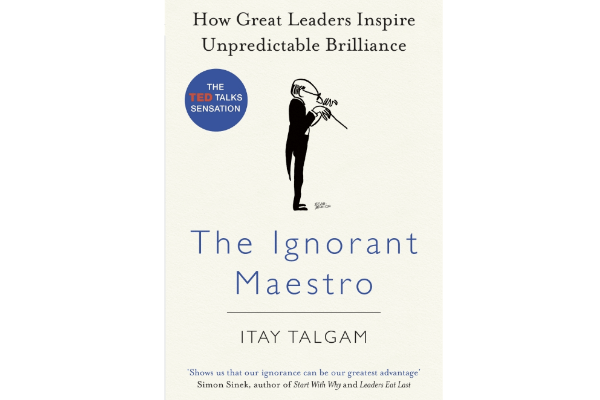As a manager or HR professional, you would know how difficult at times it gets while dealing with a difficult employee. Even one individual can affect the productivity of the whole team and create a nuisance. It is one of the most difficult tasks for a manager but if you deal with the problem in a systematic manner, you can solve it efficiently.
We have listed down five ways in which managers and HR professionals can deal with difficult employees.
Try to understand the root cause
Table of Contents
Problematic behavior always has a history. Before offering any solution or confronting a difficult employee, always try to find the root cause of his or her behavior. Almost in each and every case, there is some reason for the employees’ odd behavior. Sometimes an issue on the personal front can also be cause of the change in the behavior. If you can find the exact reason, then finding the solution to the problem becomes easier for you.
Try to see the bigger picture
Always look at the problem in a broader manner. Never make any assumptions. See if that particular employee is exhibiting this behavior or other employees also display the same set of behavior. If other employees also have the same behavioral problem, then the issue is at a departmental or organizational level.
Are you the reason for this behavior?
Sometimes an abrasive style of management leads to behavioral issues with the employees. If you are an autocratic manager and don’t listen to your employees, then the time has come to change your style of management. A manager should always be attentive to any change in the behavior of employees and should always be eager to listen to their grievances. Always try to nip the evil in the bud.
Be professional and empathetic at the same time
Always talk to your employees in a professional manner. You should be polite and humble while discussing the issue, but don’t be over friendly. Give them a solution which is realistic in nature and tell them to act accordingly.
Follow through
Your job doesn’t end after giving the solution to the employee as you have to follow through also. Just keep an eye on the behavior of the employee and if the problem persists, then it’s time to take an action.
Conclusion!
As the old proverb says, one bad or rotten apple can spoil the whole barrel. Similarly, a problematic employee can spoil the culture of the entire organization and even impact the performance of other employees, leading to complete chaos. Look out for that rotten apple in your team, if any, and try to fix the issue immediately.










